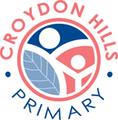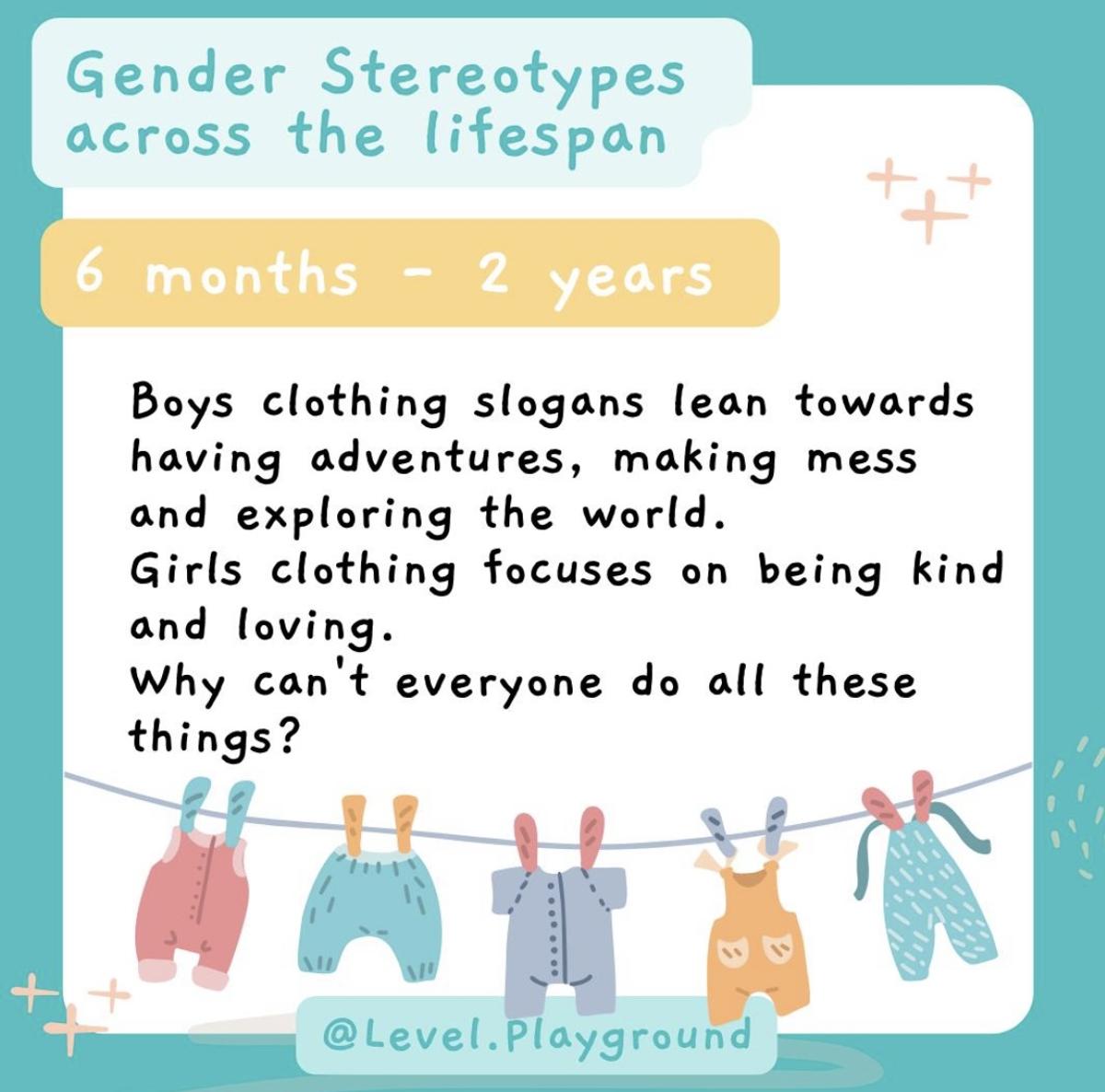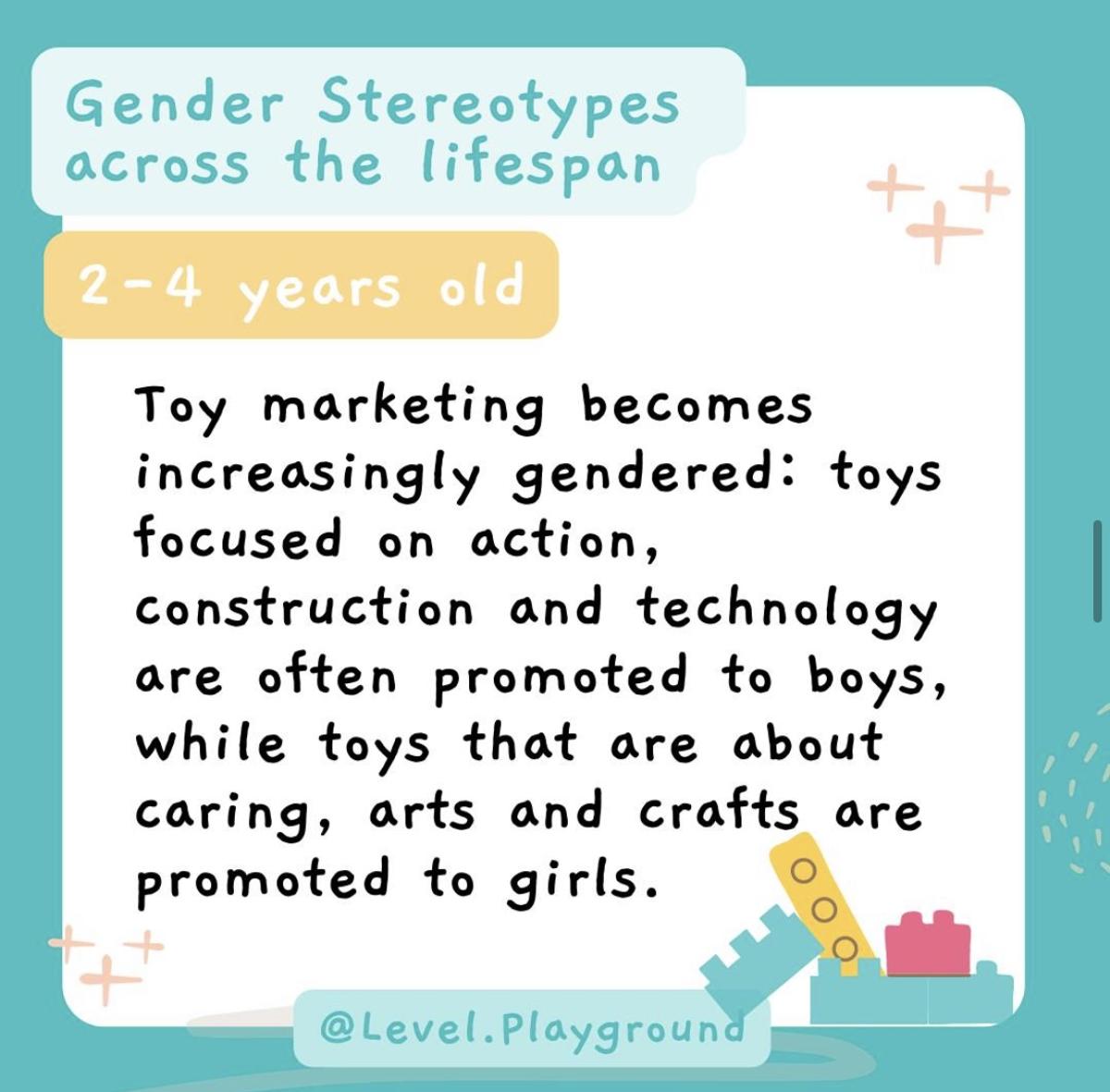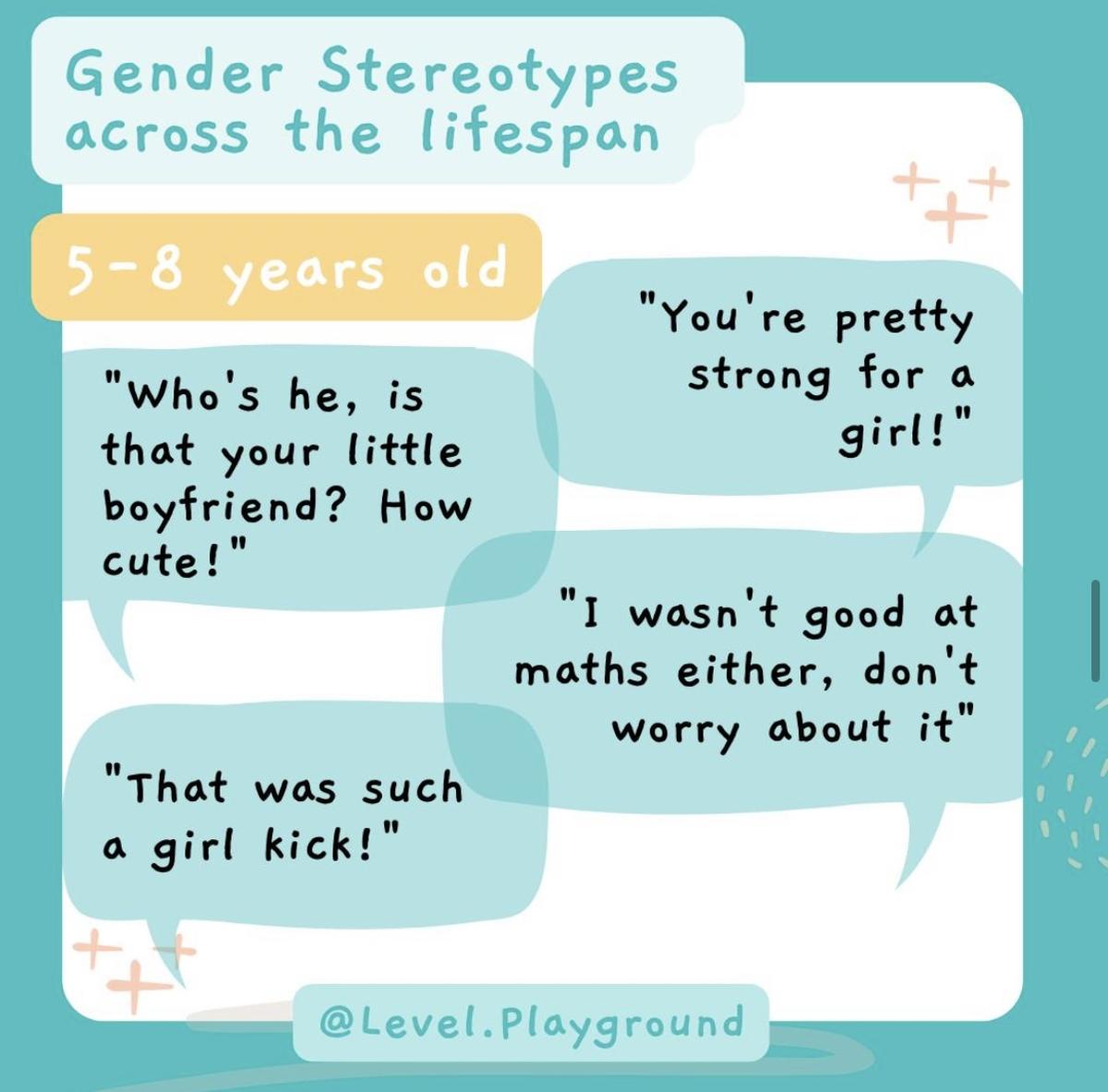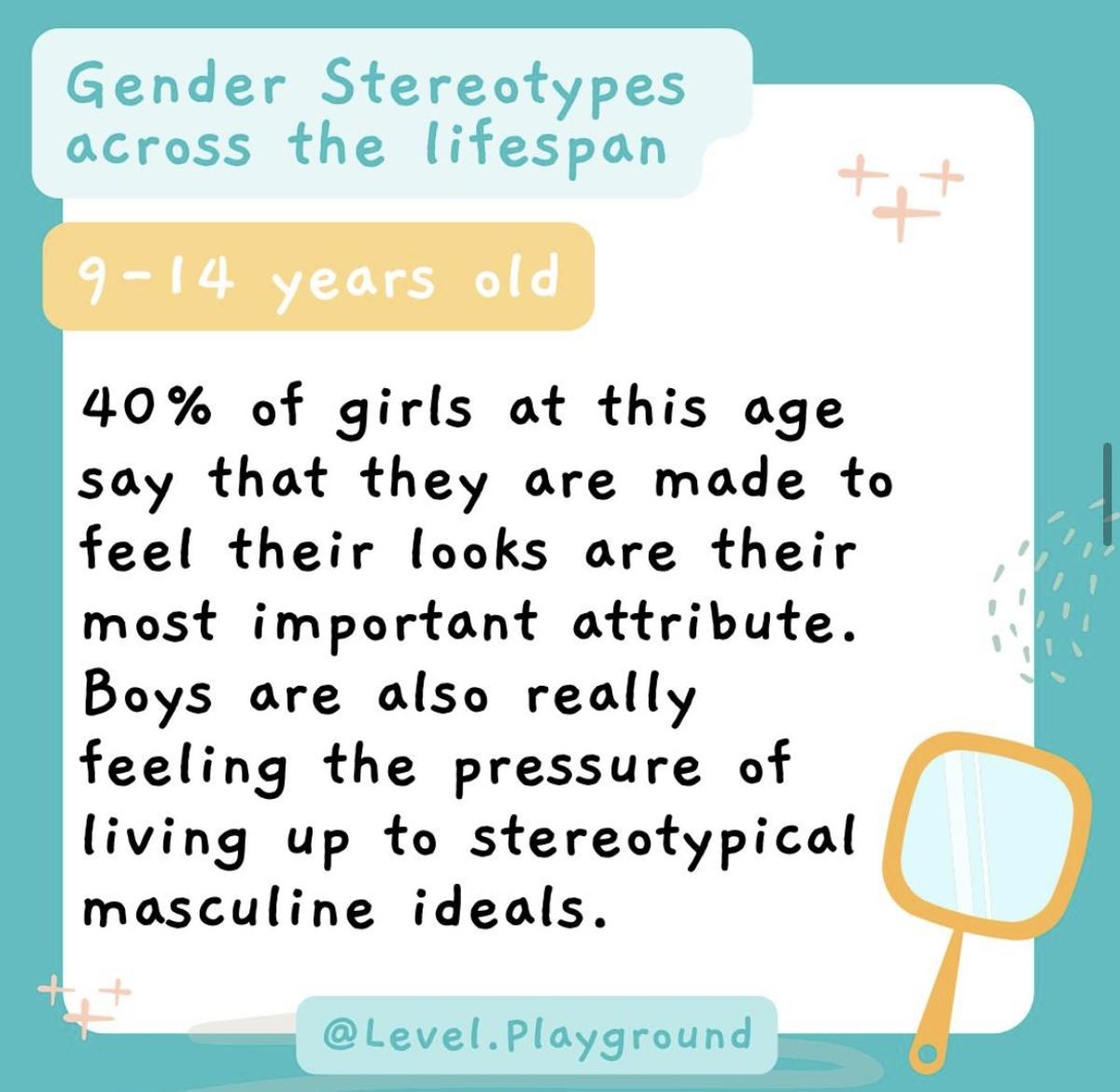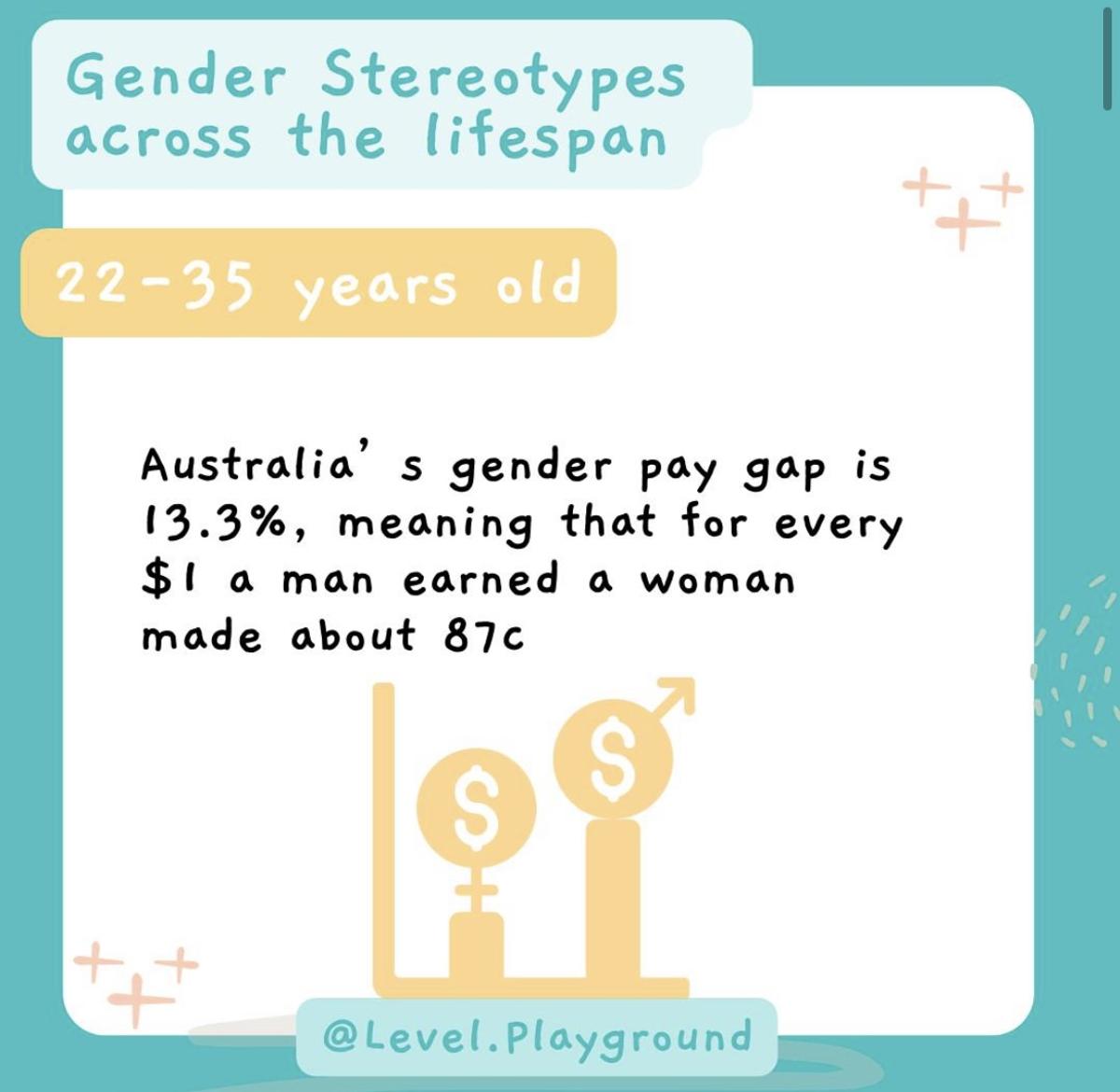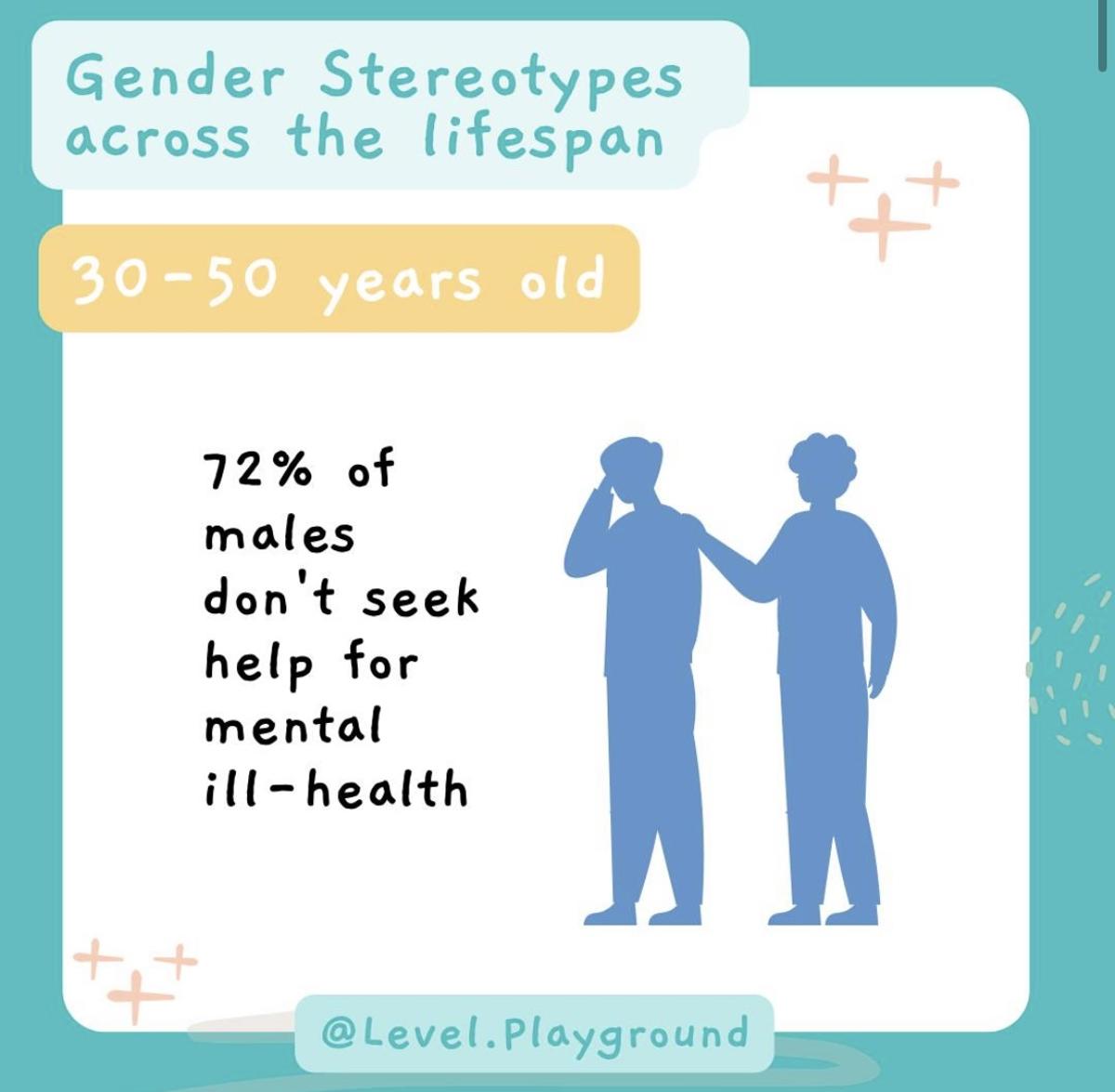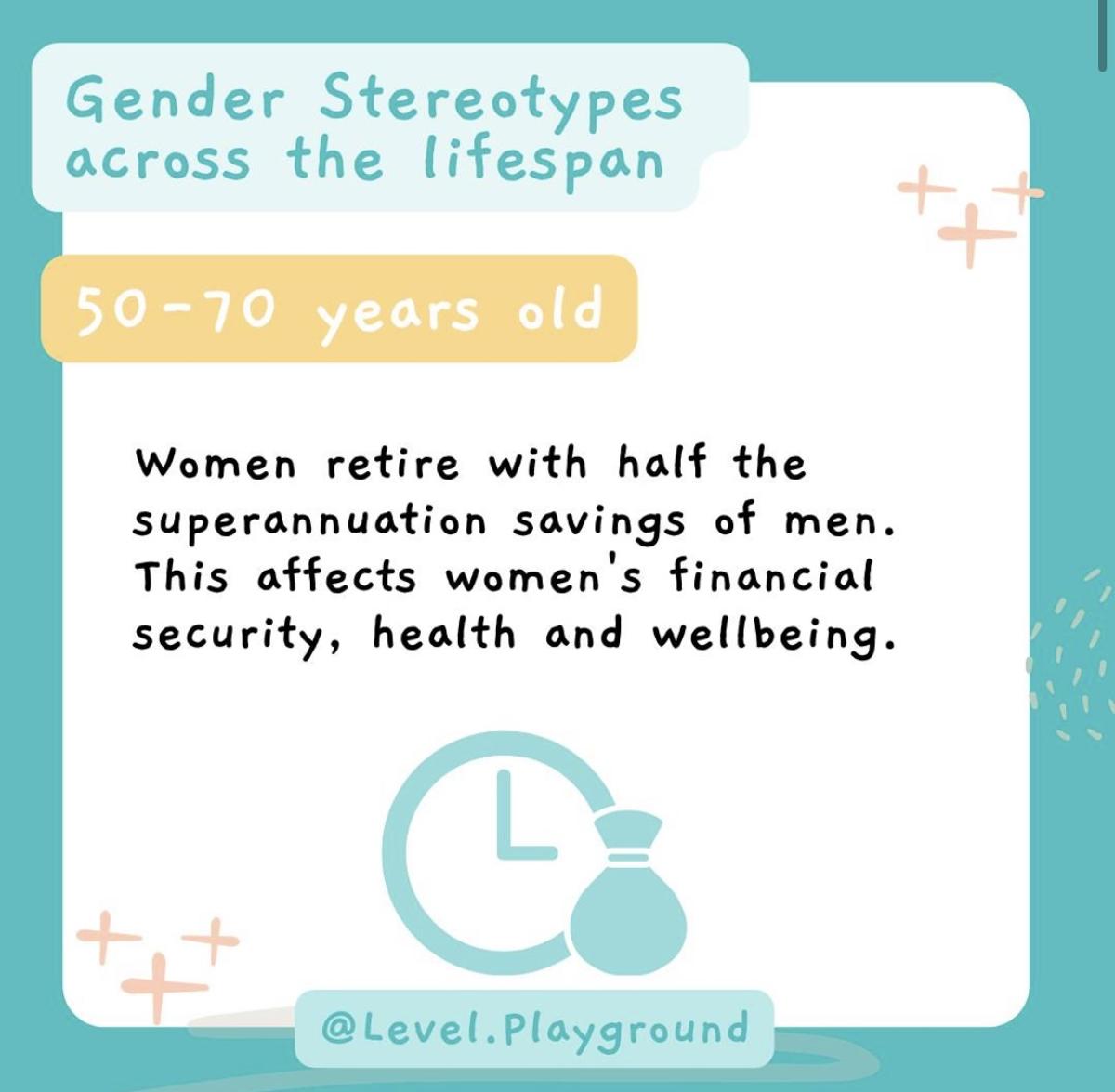Wellbeing & Culture

Respectful Relationships Topic 7- Gender and Identity
This term in Respectful Relationships we will be focusing on Topic 7- Gender and Identity.
Research shows that children become aware of gender at an early age, being well aware of gender norms and making efforts to fit within gendered expectations by the time they are in kindergarten.
As young children learn about gender, they may also begin to enact sexist values, beliefs and attitudes. They may, for example, insist that some games are for boys and others for girls, and actively reject peers from certain games. This means that it is important to commence work on building positive gender relationships within these early years.
When teaching about gender inequality and related issues (such as gender-based violence), students need assistance to understand the difference between the inherent biological differences between males and females (e.g. termed differences between the sexes), and the learned social and cultural differences.
Children benefit from learning about the ways in which gender norms are created and transmitted. They benefit from critical thinking exercises within which they detect and challenge the limiting nature of many traditional gender norms.
Classroom activities will be used to help children to challenge stereotypes, and to learn to value and show respect for diversity and difference, and learn how to apply these attitudes within respectful gender relationships.
Learning Intentions across the levels:
In Prep activities will assist students to:
• Reflect on their gendered identity
• Develop an awareness of positive and negative gender norms
• Challenge negative gender norms
• Develop an appreciation of difference.
In Junior School activities will assist students to:
• Reflect on their identity: likes, dislikes, strengths
• Develop an awareness of positive and negative gender norms
• Challenge negative gender norms
• Develop an appreciation of difference.
In Middle School activities will assist students to:
• Analyse their multifaceted identities
• Differentiate between sex and gender
• Identify the restricting effects of negative gender norms
• Identify the enabling effects of positive gender norms
• Develop an understanding of the influence of the media and literature in the construction of gender norms
• Challenge negative gender norms experienced in their lived environments.
In Senior School activities will assist students to:
• Analyse the impact of peer and adult actions in maintaining or changing contemporary gender norms
• Develop an awareness of the impact of gender norms on the attitudes and behaviours of those entering adolescence
• Identify the standards and associated actions that underpin respectful gender relations.
Year level weekly Compass posts will have an overview of the lessons being covered in the following week- so please check those out for more details!
Kelly Gommers - on behalf of the Wellbeing Team
